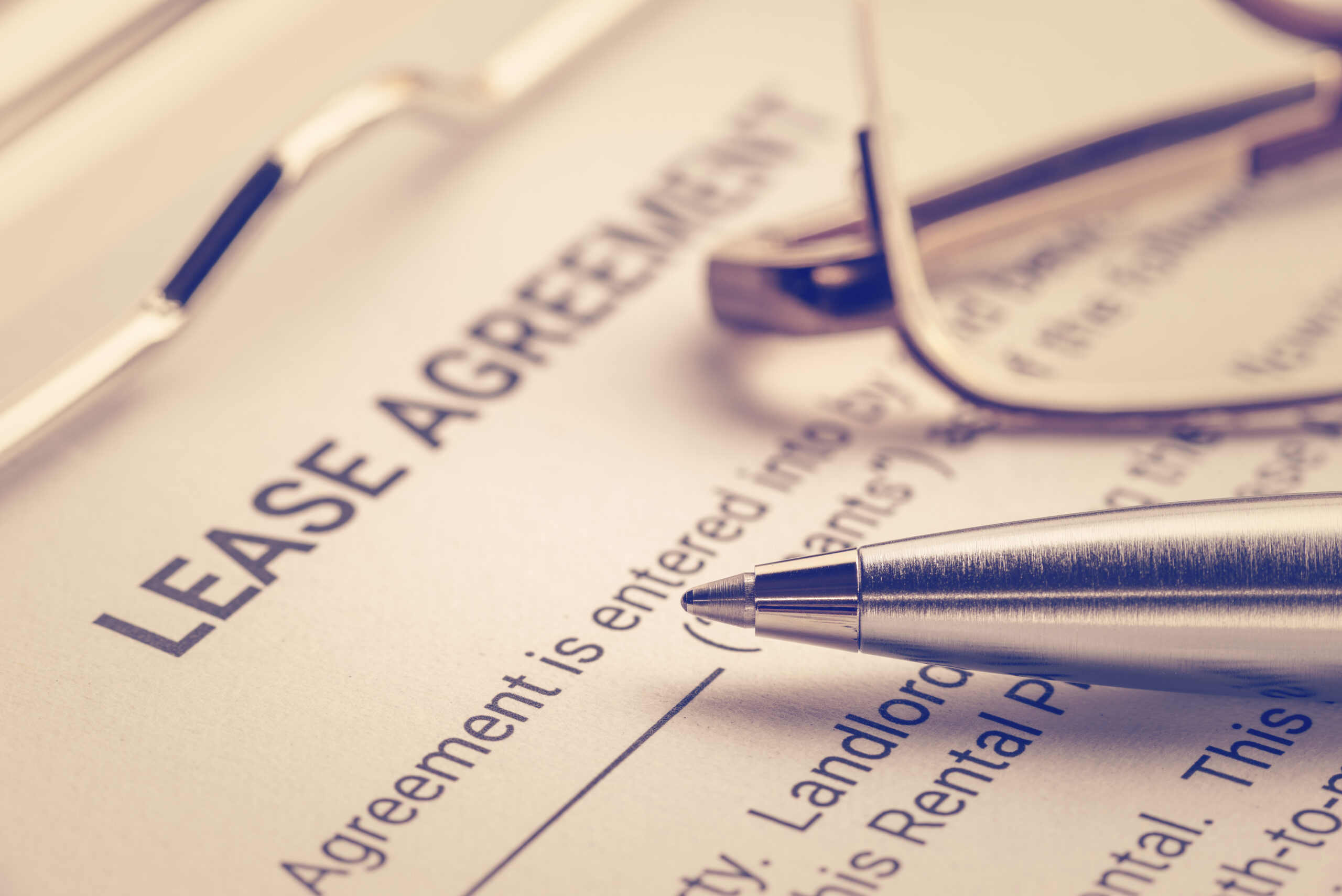Renewing a commercial lease is a significant milestone for businesses, as it provides an opportunity to continue operating from a familiar and suitable location. However, navigating the lease renewal process can be complex and requires careful consideration of various factors. In this article, we will guide you through the commercial lease renewal process, offering valuable insights and strategies for a successful transition. At Hillside Park Real Estate, we understand the importance of seamless lease renewals, and we are committed to providing exceptional leasing experiences. With our expertise and prime commercial real estate options in Oswego, NY, we are here to support your business’s leasing needs. Let’s explore how to navigate the commercial lease renewal process effectively.
Assessing Your Current Lease Agreement
Start by thoroughly reviewing your current lease agreement. Understand the terms, including the lease duration, renewal options, rent escalation clauses, and other specific provisions. This assessment will provide a baseline understanding of your rights and obligations as you enter the renewal process.
Evaluating Your Business Needs and Goals
Take time to evaluate your business’s current needs, growth projections, and long-term goals. Consider factors such as space requirements, location suitability, and anticipated changes in your operations. This assessment will help you determine whether the current space still aligns with your business objectives.
Initiating Early Communication with the Landlord
It is advisable to initiate communication with your landlord well in advance of the lease expiration date. Express your intention to renew and inquire about the landlord’s renewal process and timeline. Early communication sets the stage for open dialogue and allows for ample time to negotiate lease terms if necessary.
Negotiating Favorable Lease Terms and Conditions
Use the lease renewal as an opportunity to negotiate terms that better align with your business needs. Consider factors like rent adjustments, lease duration, maintenance responsibilities, and improvements to the space. Aim for a win-win outcome that benefits both parties and strengthens your lease agreement.
Conducting a Thorough Property Evaluation
Before committing to a lease renewal, evaluate the physical condition of the property. Assess any necessary repairs, maintenance requirements, or potential upgrades. Addressing these considerations will ensure that the space remains conducive to your business operations.
Considering Market Conditions and Comparable Leases
Research current market conditions and comparable lease rates in the area. Understanding market trends will provide insights into the reasonableness of proposed lease terms and help you make informed decisions during negotiations. Knowledge of market conditions strengthens your bargaining position.
Reviewing Legal and Financial Implications
Thoroughly review the legal and financial implications of the lease renewal. Seek legal advice to ensure that the terms are fair and favorable to your business. Consider factors such as insurance requirements, security deposits, lease guarantees, and any potential risks associated with the renewal.
Seeking Professional Guidance, if Necessary
Complex lease agreements may require the expertise of commercial real estate professionals or attorneys. If you are uncertain about certain aspects of the renewal process, consider seeking professional guidance. Their experience and knowledge can provide valuable insights and protect your business’s interests.
Documenting Lease Renewal Agreements in Writing
Once lease renewal terms are agreed upon, ensure that all agreements are documented in writing. Review the lease renewal agreement carefully and address any ambiguities or discrepancies. A well-drafted and comprehensive agreement will protect both parties and minimize potential conflicts.
Preparing for the Transition Period
Plan for a smooth transition from the current lease to the renewed one. Consider the time required for any necessary modifications or renovations to the space. Coordinate with your employees and stakeholders to minimize disruption during the transition.
Updating Insurance Coverage and Licenses
As part of the lease renewal process, update your insurance coverage to reflect the renewed lease agreement. Notify relevant insurance providers of any changes in the lease terms or requirements. Additionally, ensure that all necessary licenses and permits remain valid throughout the renewal period.
Communicating the Lease Renewal to Stakeholders
Inform your employees, clients, suppliers, and other stakeholders about the lease renewal. Communicate any changes or modifications that may affect them. Open and transparent communication will help maintain continuity and minimize confusion during renewal.
Planning for Potential Lease Modifications
Depending on your business’s evolving needs, you may consider requesting lease modifications during the renewal process. This could include changes to the square footage, layout, or specific terms. Identify modifications that would better support your business operations and discuss them with the landlord.
Understanding Rights and Obligations in the Renewal
Familiarize yourself with your rights and obligations under the renewed lease agreement. Pay attention to provisions related to maintenance, repairs, alterations, and lease termination clauses. Understanding your responsibilities will help you fulfill them effectively throughout the lease term.
Maintaining a Positive Landlord-Tenant Relationship
Cultivating a positive relationship with your landlord is crucial for successful lease renewal and continued collaboration. Maintain open lines of communication, promptly address concerns, and fulfill your lease obligations. A positive landlord-tenant relationship sets the foundation for a productive and harmonious leasing experience.
Successfully navigating the commercial lease renewal process requires thorough assessment, effective communication, and strategic negotiation. By assessing your current lease, evaluating your business needs, and engaging in proactive communication with the landlord, you can secure favorable lease renewal terms. At Hillside Park Real Estate, we are dedicated to providing exceptional leasing experiences and supporting businesses in their commercial leasing needs. Contact us today to benefit from our personalized service, expertise, and prime commercial real estate options in Oswego, NY.
FAQs:
Q: When should I start the lease renewal process?
A: It’s advisable to start the lease renewal process well in advance of the lease expiration date. Initiating communication with the landlord at least six months before the lease end date allows ample time for negotiations, property evaluations, and potential lease modifications.
Q: Can the landlord increase the rent during the lease renewal process?
A: The possibility of rent increases during the renewal process depends on the terms of the current lease agreement and the negotiations with the landlord. It’s important to discuss rent adjustments and any proposed increases during the renewal negotiations.
Q: What happens if I don’t renew my commercial lease?
A: If you choose not to renew your commercial lease, you will typically be required to vacate the premises by the end of the lease term. It’s important to review the lease agreement to understand any specific notice periods or requirements for lease termination.
Q: Can I request modifications or improvements to the leased space during the renewal process?
A: Yes, you can request modifications or improvements to the leased space during the renewal process. Discuss your needs and proposed changes with the landlord to determine if modifications are feasible and if they align with the terms of the lease agreement.
Q: What happens if I encounter issues or conflicts during the lease renewal negotiations?
A: If you encounter issues or conflicts during the lease renewal negotiations, it’s important to communicate openly and seek resolution. Engage in constructive dialogue with the landlord, consider involving legal professionals if necessary, and explore options for mediation or alternative dispute resolution to reach a mutually beneficial outcome.



